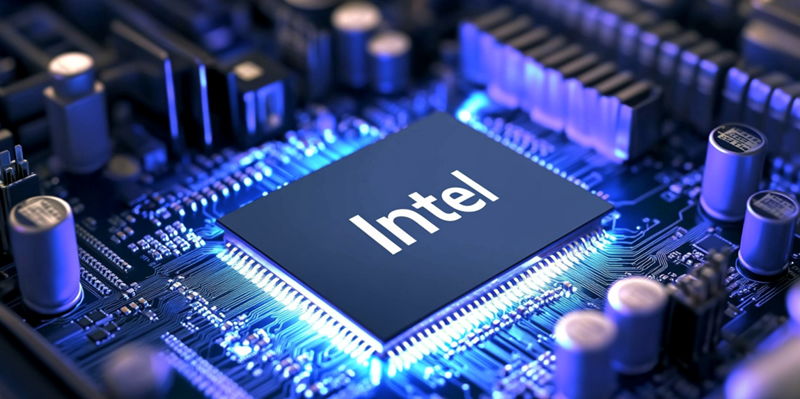Intel is poised to make a significant leap in the technological landscape with the launch of its next-generation Arrow Lake desktop and mobile platform on October 10th. The rollout will begin with a private briefing for the press, followed by a public release of the Arrow Lake CPUs and Z890 motherboards. Notably, the CPU reviews will become publicly accessible on October 24, coinciding with the products becoming available for purchase. This launch introduces the new LGA 1851 socket, marking the retirement of the LGA 1700 socket from the Alder and Raptor Lake series. Despite this shift, the new socket will maintain compatibility with existing cooler systems due to its identical dimensions.
Transitioning to the groundbreaking TSMC 3nm manufacturing process from Intel’s prior 10nm process used in Alder and Raptor Lake CPUs marks a considerable advance in efficiency and performance. This substantial leap in technology is expected to deliver enhanced capabilities in terms of speed and energy use. Another compelling aspect of this new release is that Arrow Lake is unimpacted by the Vmin Shift degradation issue that affected the Raptor Lake series. This ensures a more reliable and high-performing product for users who have been anticipating developments in Intel’s lineup.
Enhanced Efficiency and Performance
The new Z890 motherboards that will accompany the Arrow Lake CPUs promise several significant enhancements, including support for higher memory speeds and a new overclocked memory type identified as CUDIMM. Specific details about these enhancements remain limited, yet the image of the Asus ROG Maximus Apex board, designed with overclocking capabilities, suggests a robust investment in innovation. These motherboards aim to unlock higher levels of performance for users, contributing to a rich and efficient computing experience that leverages the very latest in technological advancements.
Amid discussions of potential high costs, the launch will reportedly feature around 14 new CPUs. These will be categorized under the Core Ultra 200-series, with the noticeable absence of the entry-level 3 series, likely owing to unresolved issues with the Raptor Lake. This decision aligns with Intel’s strategy to introduce a more refined and less problematic lineup, further emphasizing their commitment to quality and reliability. This series introduces features and enhancements that avid technology enthusiasts and professional users have long awaited, balancing the need for cutting-edge innovation with practical performance benefits.
Significant Technological Advancements
Intel is set to make a major impact in the tech world with the launch of its next-gen Arrow Lake desktop and mobile platform on October 10th. The introduction kicks off with a private press briefing, and then the Arrow Lake CPUs and Z890 motherboards will be publicly released. CPU reviews will be available on October 24, the same day the products go on sale. This new launch features the LGA 1851 socket, replacing the LGA 1700 socket from the Alder and Raptor Lake series. Despite the change, existing cooler systems will remain compatible due to the socket’s matching dimensions.
A key highlight is the shift to TSMC’s 3nm manufacturing process, a notable upgrade from Intel’s previous 10nm process used in Alder and Raptor Lake CPUs. This advance promises improved efficiency and performance, delivering enhanced speed and energy management. Another important aspect of the Arrow Lake release is its immunity to the Vmin Shift degradation issue that plagued the Raptor Lake series. This ensures a more dependable and high-performing product, meeting the expectations of those eagerly awaiting Intel’s latest innovations.

